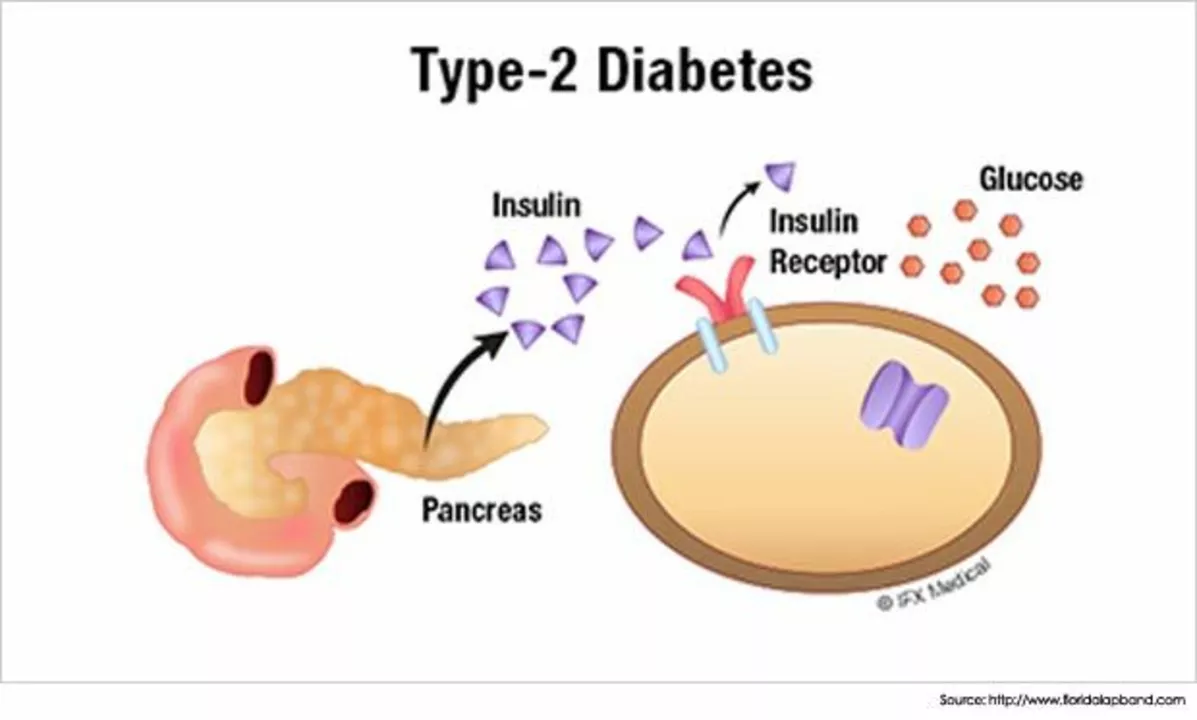Symptoms: How to Recognize and React to Your Body's Signals
Ever felt something off but wondered if it’s serious or just a passing issue? Symptoms are your body’s way of sending messages. They can be as simple as a headache or as complex as chest pain. Knowing what symptoms may mean helps you decide whether to relax or see a doctor.
Symptoms are clues. For example, a cough could be a sign of a cold, allergies, or more serious lung issues. If a symptom sticks around longer than expected or worsens, that’s a red flag. Understanding the difference between everyday aches and something alarming saves time and stress.
Common Symptoms and What They Might Indicate
Take fever for example. It’s your body’s natural defense against infection. But fever with shortness of breath or chest pain requires quick medical attention. On the other hand, mild fever and fatigue often clear up with rest. Knowing these subtle differences is key.
Another common symptom is stomach pain. It can be caused by indigestion, stress, or something needing urgent care like appendicitis. Watch for more severe signs like sharp pain, fever, or vomiting. These hint it’s time to get help fast.
When to Act on Symptoms and How to Manage Them
If you notice any strange symptom, start by tracking it. Note when it started, how intense it feels, and if it’s changing. This info helps your doctor figure out what’s wrong. For minor symptoms, simple home care might do the trick—like hydration for a headache or over-the-counter meds for minor pain.
But don’t ignore symptoms that interfere with daily life, cause intense pain, or come with other warning signs like dizziness, confusion, or difficulty breathing. These aren’t just symptoms; they’re alarms calling for professional help. Early action often prevents bigger problems.
Remember, symptoms don’t always indicate illness. Sometimes they’re reactions to lifestyle factors such as lack of sleep, dehydration, or stress. Addressing these basics can often clear up mild symptoms without medical intervention. Always listen to your body—it knows when something’s amiss.
Mirtazapine and Fibromyalgia: Can It Help with Symptoms?
- DARREN LLOYD
- 13
In my recent research, I've discovered that Mirtazapine, an antidepressant, can potentially assist with fibromyalgia symptoms. This medication has shown promise in alleviating pain, improving sleep, and reducing the frequency of migraines, all of which are common issues for those suffering from fibromyalgia. There's still a lot to explore in terms of its long-term effects and potential side effects. It's important for anyone considering this treatment to consult their doctor first. As always, keep in mind that what works for some might not work for others.
READ MOREDiabetes Type 2 in Children: Symptoms, Causes, and Treatment Options
As a parent, it's important to be aware of the growing issue of Type 2 diabetes in children. Some common symptoms to look out for include increased thirst, frequent urination, fatigue, and blurred vision. The main causes of this condition are obesity, unhealthy diet, and lack of exercise. Thankfully, there are various treatment options available such as adopting a balanced diet, engaging in regular physical activity, and in some cases, taking medication. It's crucial that we educate ourselves and our children about this condition and take preventive measures to ensure their long-term health.
READ MORE11
MayHow to manage symptoms of depression during the holiday season
Managing symptoms of depression during the holiday season can be challenging, but it's important to prioritize self-care. First, set realistic expectations for yourself and try not to overcommit to social events. Second, maintain a healthy routine, including regular exercise, sleep, and balanced meals. Third, reach out for support from friends, family, or a mental health professional. Lastly, practice gratitude and mindfulness to help stay grounded and focused on the positives during this time.
READ MORE

